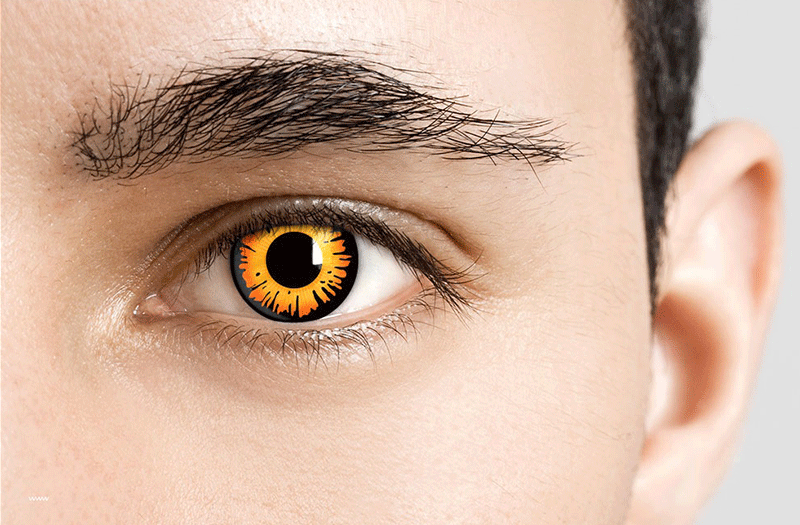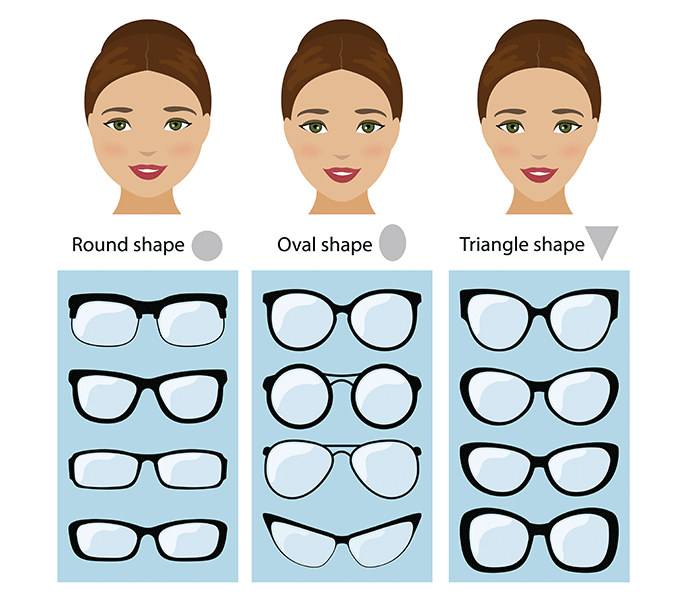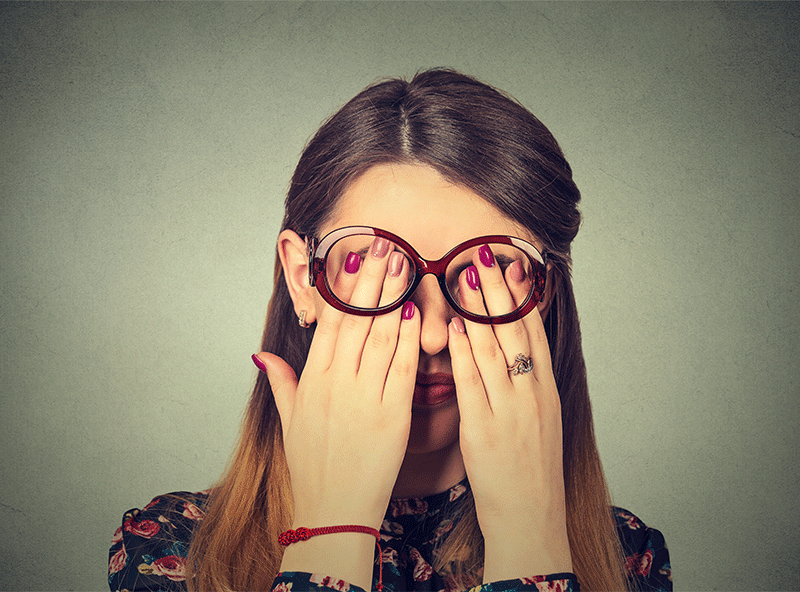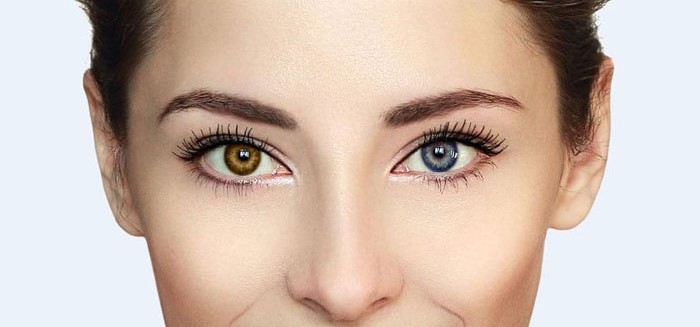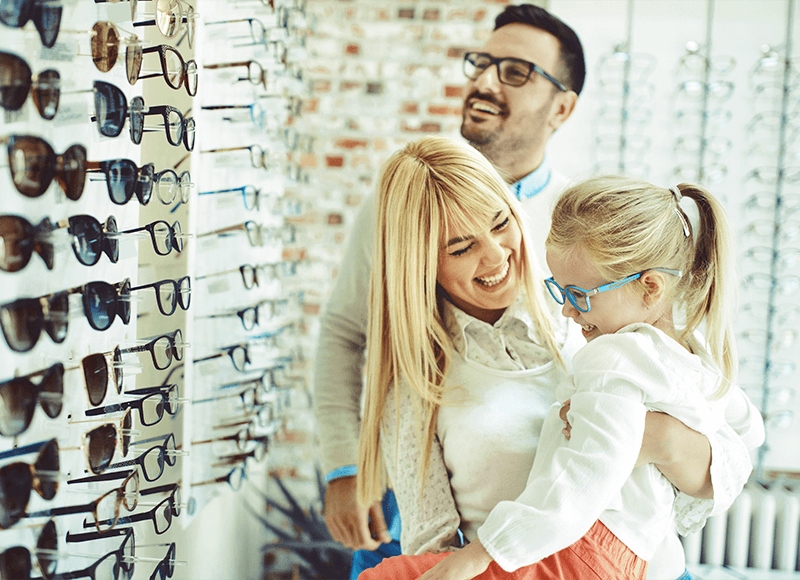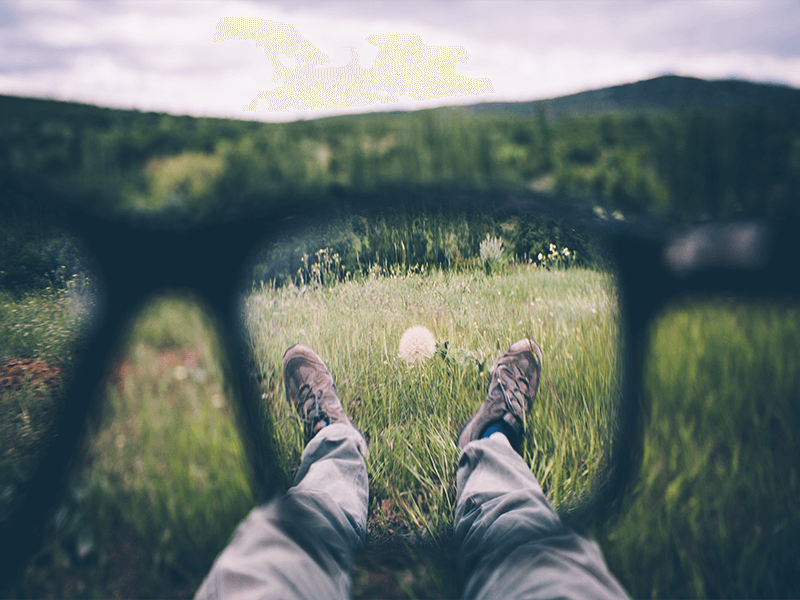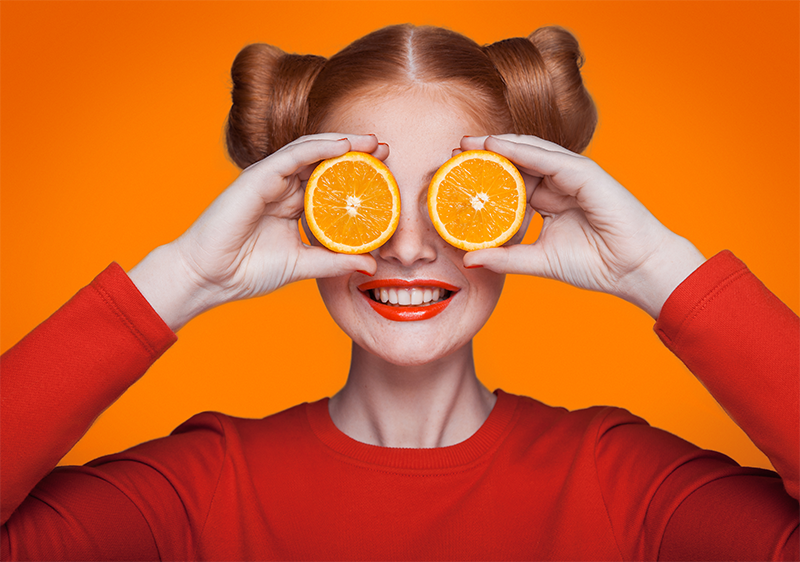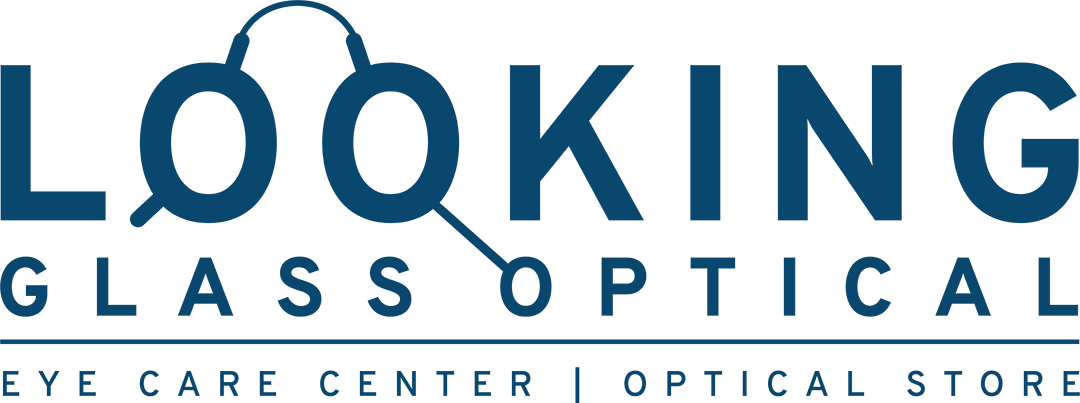Are you planning on dressing up as a zombie, vampire or alien this Halloween? If so, you might be thinking about using special-effect contact lenses. These novelty contacts contain colors and designs that change the appearance of your eyes. Halloween eye contacts might be a fun addition to your costume. However, these contact lenses can be dangerous if not obtained properly. It’s important for your eye health that you only purchase Halloween eye contacts from a reputable source with a prescription.
Read more →While choosing the perfect pair of glasses can be stressful, it doesn’t have to be. And, while your own preference is very important, the shape of your face should also come into play. Wondering what the best frames for your face are? Find out below.
Read more →Have you ever stopped what you’re doing because your eyes feel tired or sore? There’s actually a name for this – it’s known as eye strain. Eye strain happens when your eyes have to focus in lighting that’s too dark or too bright for an extended amount of time. Examples of this include trying to read in dim lighting, working on a computer all day, and uninterrupted screen time with a cell phone or TV. The chances of experiencing eye strain are increased if you have uncorrected vision problems.
Read more →Green tea is often revered for its multitude of health benefits. It contains antioxidants and nutrients that may promote weight loss, lower the risk of certain types of cancer, Alzheimer’s and Parkinson’s and improve brain function. But, did you know that green tea is also an excellent food for your eye health? Here’s all you need to know about the eye health benefits of green tea.
Read more →Sunglasses are a staple in everyone’s wardrobe. Whether you wear them to accessorize an outfit or protect your eyes from the sun, we all need a signature pair. However, for those of us who wear contacts or glasses, wearing sunglasses can be quite a challenge. That’s where prescription sunglasses come in. Prescription sunglasses allow you to have the sun and glare-protection that you need, while also correcting your vision. Read on to learn about the benefits of prescription sunglasses.
Read more →Most eye injuries among kids occur between the ages of 11 and 14 while playing sports. Although, they can happen at any age. However, the majority of these injuries can be prevented with proper precaution and understanding of eye care. Here is what you need to know about sports-related eye injuries and how to avoid them.
Read more →Ever been curious about what causes people to have two different colored eyes? You are not alone. Having two different colored eyes is actually a condition called heterochromia. Eye color is determined by two factors: pigment, called melanin, and the amount or pattern of that pigment. All of this is ultimately controlled by your genes. So, in the case of heterochromia, what genes dictate two different eye colors?
Read more →The first eye test for kids should take place by a pediatrician when the child is six months old. It’s wise to get them checked early to rule out disease and lazy eye. Even if there are no risk factors or family history of eye problems, children should have their vision checked again at age 3 and before first grade. By age 2 ½ to 3 ½, all children should have a routine professional, comprehensive eye health, vision and vision development examination. Further, screenings by pediatricians or schools are not a substitute for a professional eye exam.
Read more →Nearsighted and farsighted vision problems are two of the most common issues when it comes to eye health around the world. What do they mean to you? What can you do, if anything, to prevent these conditions from reducing your vision? Here you’ll find out what the difference between being farsighted or nearsighted means and how you can correct the conditions.
Read more →Millions of people suffer from some form of vision loss, be it issues with near or farsightedness or cataracts. It is essential for adults to focus on quality eye health, and learn how to improve eyesight and significant issues with the eyes. Below are a few steps you can take to achieve healthier eyes.
Read more →